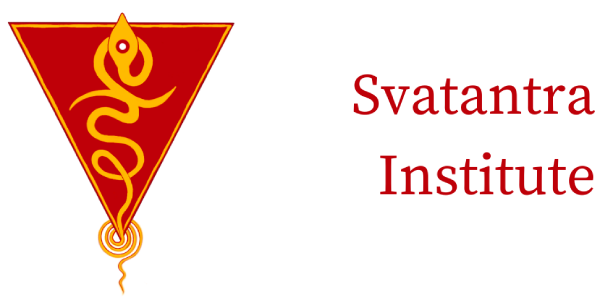“Mommy?” The owner of the small, subdued voice peeked in. I paused in kapothasana, “Yes, baby?” She invited herself in and perched by my yoga mat. I waited patiently, noting that her hands fidgeted nervously. She cleared her throat and asked softly if she could have her phone back. This was going to be a lesson in discipline – for us both.
She had lost her device privileges a week earlier for being exceptionally sassy and disobedient. Now, I had the merciful mommy sense that this here was a big moment. I uncurled from the pose and sat on the mat as she proceeded to justify her reasons for wanting the phone back. I asked her if she recalled why she had lost access to her phone. She answered truthfully that it was because she had misbehaved. I asked her if she had learned anything from this exercise. Hesitant and unsure of what she was supposed to say, she responded, “I learned that I must listen to you.”
Here was the perfect example of parenting ridiculousness. Neither of us was really sure what she was being punished for! I had hoped that she would learn to behave in ways that promoted harmony in relationships. She saw it as a punishment for not obeying my command. As we sat quietly, I noticed that she had stopped fidgeting. In the profound stillness that had descended upon us, she and I became as one – sparks of sensations, breath and mind arising and subsiding back into stillness.
The clarity of the moment lent itself to seeing that in the default mode, discipline is a war of wills. We learn early on from our own caregivers that there is a “right” way to behave and to interact with others. That becomes the lens through which we judge ourselves and the world. Our own innate wisdom becomes veiled by the voices of our mothers, fathers, teachers and friends. We do things in certain ways just because we have been instructed to and not because we are guided by our own inner light. We foster the same dysfunctional patterns in our children when we hold them to our standards without giving them a chance to figure it out for themselves. We don’t allow them to ask questions because we were taught not to question our caregivers. We take this non-questioning to be a sort of virtue, when it is really lack of curiosity and blind acceptance of dogma. This blind devotion to dogma becomes the basis of discipline.
Behavior arising from such discipline is always forced, rooted in ignorance and not conducive to authentic, joyful living. This was very true for me. I “grew up” finally when the voices in my head belonging to parents and teachers lost fuel and died. In this radical growing up, I needed nobody to tell me what to do. In this vast inner freedom, I am fully responsible for my own thoughts and actions. I know that nobody can make me think or do anything; nobody has that power. When I surrender to the stillness within, I become invincible, authentic, joyful. I live guided solely by the guru of the heart.
As we continued to sit still, I knew that the greatest gift I can give my children is to free them from me, from my voice in their heads. I want them to discover their guiding light and let it take over their lives. I want them to wake up to true authenticity. Threats and punishments wouldn’t be useful for these goals. It had to begin with honesty on my part – I told her that I was wrong to give her the impression that she needs to obey me (or anyone else) without question. I invited her to tell me why her behavior at times may not be conducive to harmony. She thought for a minute, responding that when she acts impulsively, she feels bad later. When she argues without purpose, it causes tension and unease. I asked her to tell me what might happen if she paused before acting or speaking. She thought aloud, stating that if she didn’t act out immediately, the reaction might go away. Bingo!
We agreed on a plan of action. From her meditation practice, she knew how to bring her attention to her breath. Simply noticing the breath is a powerful way to step out of the mind with its conflicting thoughts and emotions. When we bring attention to the breath, we allow the mind to subside into stillness and for fresh, unconditioned action to arise. When the mind rests, the inner light shines through. The breath can teach us the difference between response and reaction. We become our own gurus.
We practiced this together. I asked her to bring up a thought that induced fear – a spider in her room. As she did this, she noticed that her breath had changed pace. As she continued to notice her breath, it quietened and the fear subsided. I encouraged her to find her breath before beginning a task, during a test and during anxious moments of the day. She promised that she would try, and agreed that I could remind her often. I returned her devices after we hugged for several long moments.
This change in the “discipline” paradigm will take some getting used to. It will require me to become still in the moment to see clearly that the purpose of discipline is to allow my children to be true to the goodness that already shines in them. It is not about them following my truth, but living their own.
Image: Marshall Point Lighthouse
